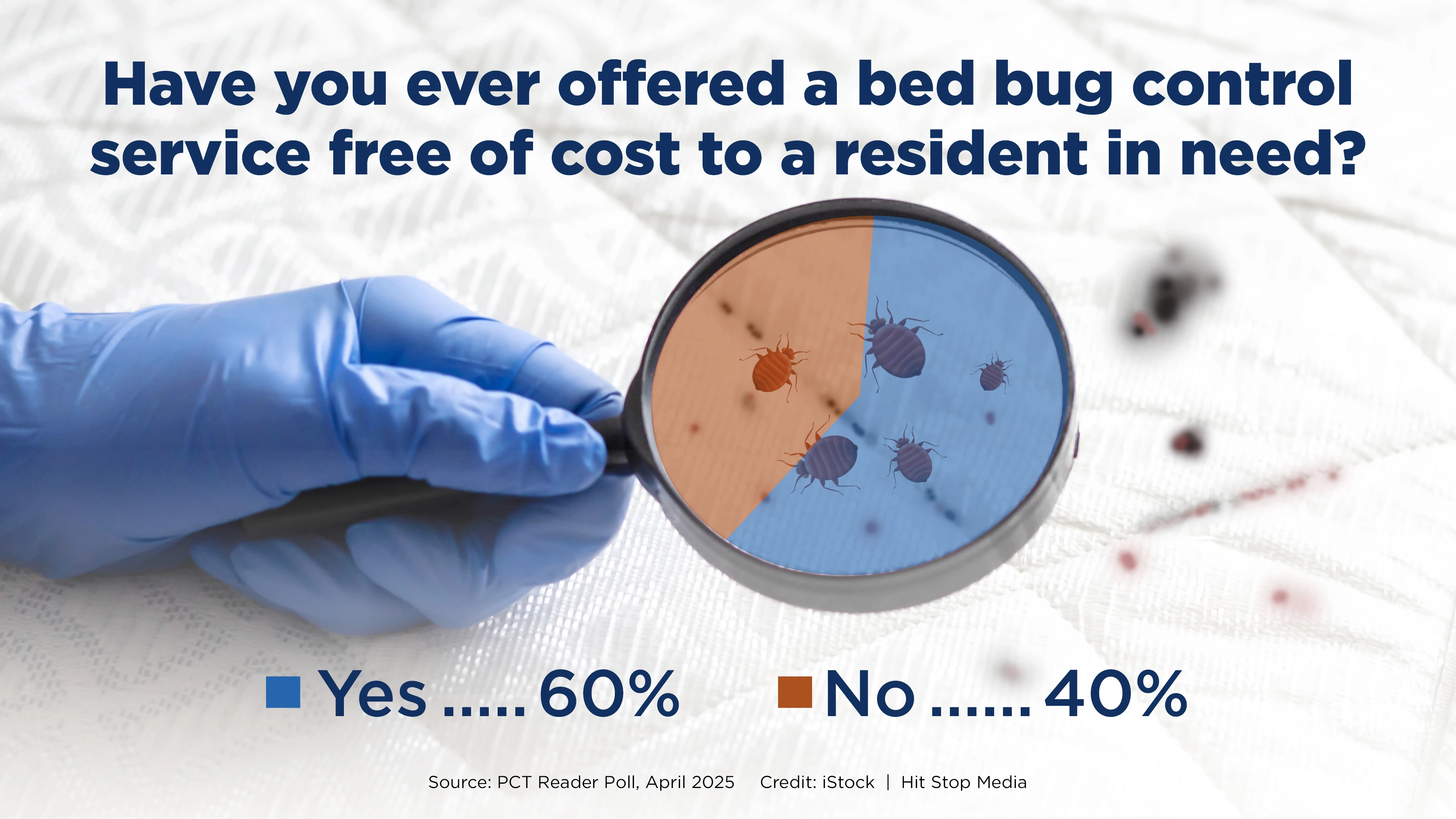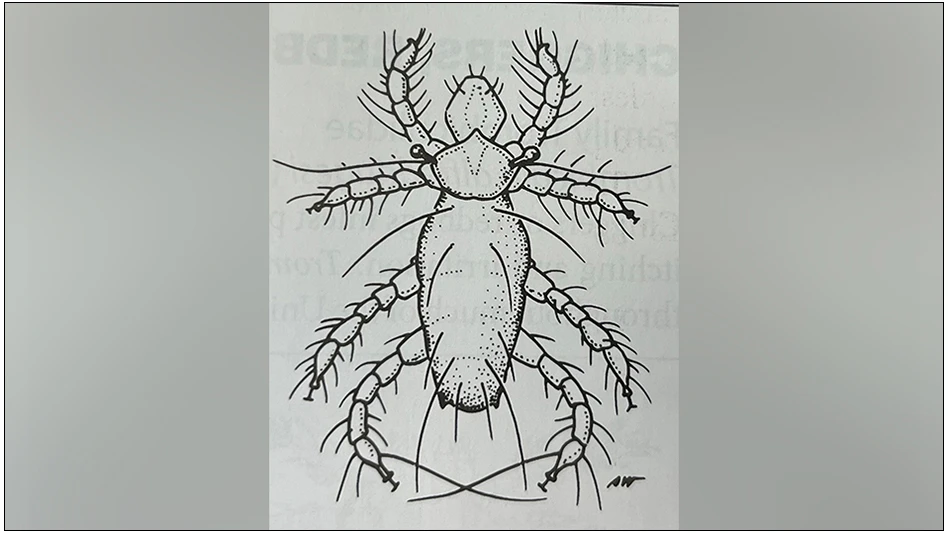I've often heard it said that service vehicles act as "moving billboards" for pest control companies. After all, you would be hard pressed to find a more captive audience than drivers and passengers in other vehicles viewing your company's name, phone number, website, etc., on your service vehicle(s). Two recent driving incidents reminded me that having your company's name/logo on its service vehicles is a blessing, or a curse, depending on the type of people you have behind the wheel.
Episode 1: "What is this idiot doing?" I said to myself, as I glanced in my car's side-view mirror as a large service van sped by me in the right-hand (i.e., non-passing) lane of a 6-lane highway. I then observed that same service van proceed to weave in and out of the traffic in front of me.
While I didn't get a look at the driver I very clearly remember seeing the name and logo of a local HVAC company on the van. Hmmm, I thought to myself, well I definitely will think twice before contracting with that company to do any work on my house.
Episode 2: My wife Julie recently got a flat tire on her way to work during morning rush hour. As Julie was getting ready to call AAA, a service truck from Franciscus Roofing pulled behind her and a pair of roofers emerged with a gracious offer to change the tire. Julie accepted this good deed. The roofers also gave Julie a recommendation of a nearby garage where she could get a new tire so that she wouldn't have to drive too many miles on the spare tire. Knock on wood, I haven't needed to get my roof replaced but when that time comes you can bet that I will give Franciscus Roofing a call.
While it's impossible to put a dollar figure on what these types of episodes might mean to a company's bottom line, there are real costs involved if your company employs bad drivers.
From 1998 to 2000, motor vehicle crash injuries occurring on and off the job were estimated to cost employers nearly $60 billion annually. These costs included medical care, legal expenses, property damage and lost productivity. This drives up the cost of benefits such as worker's compensation, Social Security, and private health and disability insurance, not to mention the cost of auto insurance. On average, a fatality occurring on the job costs a business over $500,000 in direct and liability costs, and each nonfatal injury cost nearly $74,000.*
"The biggest misconception when it comes to insurance in [the pest control industry] is that having a minimum auto limit is acceptable," said Frank MacDonald, senior vice president and co-principal of Select Insurance Agency. "What I've observed is that PCOs will carry a one-million-dollar general liability policy for things like pollution. But the million-dollar lawsuits are going to occur when their driver gets into an accident that takes someone's life."
Auto accidents will, of course, happen, but there are several risk reduction actions PCOs can take. In a recent podcast on PCT Online, Heather Jensen, underwriter, Commercial Auto/Property, Brownyard Group, noted that PCOs take so many different factors into consideration when interviewing job candidates that sometimes driving history is overlooked, "but they must remember that their [service professionals] are not just treating termites and other pests — they are also driving company vehicles and that means that their driving record and driving ability must be reviewed and analyzed. The most important factor in determining whether an accident will happen is a person's past driving record."
Jensen and others recommend that PCOs access the Motor Vehicle Report (MVR) of all potential employees. A MVR verifies that an applicant has the driver's license claimed, and it may provide information regarding irresponsible behavior, including whether there is a history of substance abuse, repeated traffic violations, failures to appear, and unpaid fines.
The other part of the equation for reducing driving accidents is providing your company's service professionals with ongoing vehicle safety training and continually re-enforcing the importance of driver safety. Perhaps nothing serves as a better daily re-enforcement tool to service technicians than the fact that his or her service vehicle is imprinted with your company's name. So, I would argue that these moving billboards are a good thing for the pest control industry.
The author is Internet editor of PCTOnline and be contacted at bharbison@giemedia.com.
*Source: NHTSA [2003]. The economic burden of traffic crashes on employers: Costs by state and industry and by alcohol and restraint use (Publication DOT HS 809 682). Washington, D.C: National Highway Traffic Safety Administration.

Explore the August 2011 Issue
Check out more from this issue and find your next story to read.
Latest from Pest Control Technology
- Target Specialty Products, MGK Partner for Mosquito Webinar
- Cockroach Control and Asthma
- FORSHAW Announces Julie Fogg as Core Account Manager in Georgia, Tennessee
- Envu Introduces Two New Innovations to its Pest Management Portfolio
- Gov. Brian Kemp Proclaimed April as Pest Control Month
- Los Angeles Ranks No. 1 on Terminix's Annual List of Top Mosquito Cities
- Kwik Kill Pest Control's Neerland on PWIPM Involvement, Second-Generation PCO
- NPMA Announces Unlimited Job Postings for Members





